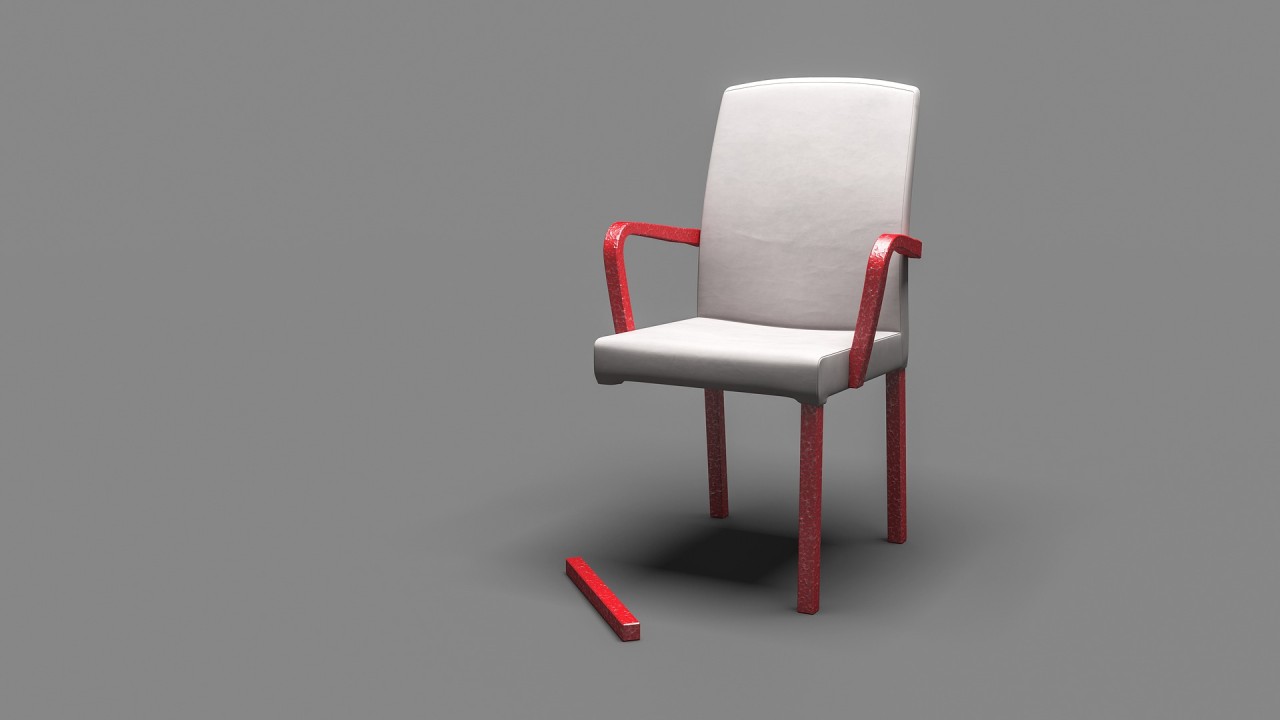
Covering the differences between California state and federal appeals on the California Appellate Law Podcast (available Tuesday, Mar. 30), co-hosts Jeff Lewis and I discussed with guest Cory Webster the importance of Federal Rules of Civil Procedure 50, governing motions for judgment as a matter of law made before submission to the jury and after judgment. If appellant could have raised an issue in a motion for judgment as a matter of law but failed to do so, that issue is waived on appeal.
The Ninth Circuit helpfully furnishes a recent example in Brown v. County of San Bernardino, 2021 WL 1054561 (9th Cir. Mar. 19, 2021). Brown brought a civil rights claim against the sheriff's department, but failed on grounds of qualified immunity.
On appeal, appellant ran into several waiver and forfeiture issues.
Appellant argued, "for the first time on appeal," that the jury was racially biased against her, and that the district court's comments during trial prejudiced the jury. "We review forfeited rights for plain error. See Hoard v. Hartman, 904 F.3d 780, 786–87 (9th Cir. 2018)." Plain error review is better than no review, but only by a little. "In that event, reversal is warranted only if such plain error would result in a manifest miscarriage of justice. Equal Employment Opportunity Commission v. Go Daddy Software, Inc., 581 F.3d 951, 962-70 (9th Cir. 2009) (internal quotations and citations omitted). Plain error review permits only extraordinarily deferential review that is limited to whether there was any evidence to support the jury's verdict. See id. at 961-62.
Unfortunately for appellant, she "has not shown any obvious error affecting her substantial rights. Her generalized assertions of systemic racism in America are insufficient to establish actual or implied juror bias. See Fields v. Woodford, 309 F.3d 1095, 1103–04 (9th Cir.), amended by, 315 F.3d 1062 (9th Cir. 2002)."
Ditto for her claims of judicial misconduct: the judge, by occasionally stopping Brown from questioning witnesses, "does not itself show misconduct, let alone plain error. See Larson v. Palmateer, 515 F.3d 1057, 1067 (9th Cir. 2008); Hansen v. Comm'r, 820 F.2d 1464, 1467 (9th Cir. 1987)."
Appellant's failure to make Rule 50 and 59 motions resulted in a total waiver of her substantial evidence arguments. "Even if she had raised the argument in her opening brief, Brown's failure to make the appropriate motions under Federal Rules of Civil Procedure 50 and 59 precludes this court's review. See Unitherm Food Sys., Inc. v. Swift-Eckrich, Inc., 546 U.S. 394, 401–04, 126 S. Ct. 980, 985–87, 163 L. Ed. 2d 974 (2006); Nitco Holding Corp. v. Boujikian, 491 F.3d 1086, 1088–90 (9th Cir. 2007)."
Other cases are even more emphatic: "a party completely waives an issue that it failed to first raise in a Rule 50(a) motion." Wei Zhang v. Am. Gem Seafoods, Inc., 339 F.3d 1020, 1028–29 (9th Cir. 2003). Zhang goes on to observe: "This Court strictly applies the rule that Rule 50 allows complete waiver if an objection is not properly made. See, e.g., Janes v. Wal-Mart Stores, Inc., 279 F.3d 883, 887 (9th Cir. 2002) (refusing to review an issue even where it was raised in a Rule 50(b) motion after trial because "`the requirement that [a JMOL] motion be made at the close of all the evidence is to be strictly observed'") (quoting Farley Transp. Co. v. Santa Fe Trail Transp. Co., 786 F.2d 1342, 1346 (9th Cir. 1986))."
Trial attorneys rightly focus on the arguments most likely to persuade the jury. Good appellate arguments are often left underdeveloped until it is too late. In federal trial practice it is especially important to consult appellate counsel before and during trial.
Here is the video clip from episode 11 of Tim's podcast, the California Appellate Law Podcast, discussing this issue.
Tim Kowal helps trial attorneys and clients win their cases and avoid error on appeal. He co-hosts the Cal. Appellate Law Podcast at www.CALPodcast.com, and publishes a newsletter of appellate tips for trial attorneys at www.tvalaw.com/articles. Contact Tim at tkowal@tvalaw.com or (714) 641-1232.